What are the health benefits of guava leaves?
According to physician Bui Dac Sang of the Hanoi Oriental Medicine Association, guava leaves are known as a "miracle drug" because they contain many beneficial compounds. In Oriental medicine, guava leaves are a herbal remedy for diarrhea.
For treatment, boil 30 grams of guava leaves with a handful of rice flour in 1-2 cups of water, drink twice a day. In case of dysentery, cut the roots and leaves of the guava tree, boil for about 20 minutes, filter the water and drink daily until the disease subsides. To relieve stomach pain, boil 8 guava leaves in 1.5 liters of water and drink three times a day.
Guava leaves are effective in removing pimples and dark spots on the skin. Guava leaves contain antiseptic properties that kill acne-causing bacteria. Use by washing the guava leaves, pounding or grinding them and applying them to the pimples after cleaning. For blackheads, pound the guava leaves and mix them with warm water, wash daily, and gently rub the areas with pimples to help remove them quickly.
Young guava leaves or young buds of guava leaves contain about 3% resin and 7-10% tannin, antioxidants such as vitamin C and flavonoids, antibacterial and anti-inflammatory substances.
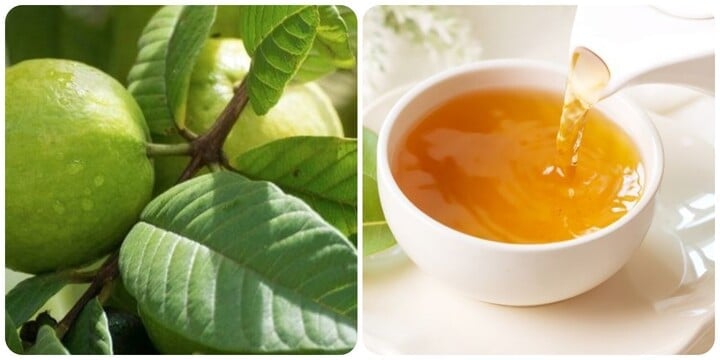
What are the health benefits of guava leaves is a concern of many people.
Guava leaves reduce blood sugar levels, preventing the body from absorbing sucrose and maltose. Many studies have also shown that guava leaves can improve symptoms of diabetes such as increased insulin and insulin resistance. You should use guava leaves by making tea and drinking it daily for 12 weeks to see clear results.
Due to its anti-inflammatory properties, guava leaves are often used as an ingredient in toothpaste, to cool the mouth, relieve toothache, treat gum disease, mouth ulcers and treat sore throats. Guava leaf tea can be used as a mouthwash or a natural paste made from guava leaves at home to brush your teeth.
Guava leaves are also used to treat allergies. Compounds in guava leaves prevent the release of histamine - the main cause of allergies. In addition, guava leaves stimulate the production of digestive enzymes, helping to destroy bacteria in the intestinal mucosa, preventing the growth of toxic enzymes caused by bacteria.
According to experts, recently, scientists at Krupanidhi Medical University, India, discovered that powder extracted from guava leaves can protect the liver from damage.
Tests on mice showed that mice fed guava leaf extract powder were protected from chemical-induced liver damage, while mice that were not given the powder suffered severe liver damage. Experts believe that the antioxidants in guava leaves are responsible for the disease-preventing effects.
How to make guava leaf tea for best results
Thanh Nien newspaper quoted the Department of Food Safety (Ministry of Health) as saying that guava leaf tea is a quick and effective way to take advantage of the benefits of guava leaves. You can use fresh or dried guava leaves, the dosage depends on the type.
With dried guava leaves, use 2.5 - 5 grams of dried leaves, steep with 250 ml of boiling water for about 10 minutes.
For fresh guava leaves, use 5 - 10 fresh leaves. Boil 500 ml of water, then add washed guava leaves, cover and continue to boil over low heat for about 10 - 12 minutes.
Note, guava leaf tea has a slightly astringent and bitter taste. You should only drink 1-2 cups per day and drink after meals. This type of tea can be drunk hot or cold, but should not be drunk all day because it can lead to digestive problems.
Source: https://vtcnews.vn/la-oi-co-loi-ich-gi-doi-voi-suc-khoe-ar906966.html


![[Photo] Opening of the 11th Conference of the 13th Party Central Committee](https://vstatic.vietnam.vn/vietnam/resource/IMAGE/2025/4/10/f9e717b67de343d7b687cb419c0829a2)

![[Photo] Unique folk games at Chuong Village Festival](https://vstatic.vietnam.vn/vietnam/resource/IMAGE/2025/4/10/cff805a06fdd443b9474c017f98075a4)

![[Photo] April Festival in Can Tho City](https://vstatic.vietnam.vn/vietnam/resource/IMAGE/2025/4/10/bf5ae82870e648fabfbcc93a25b481ea)

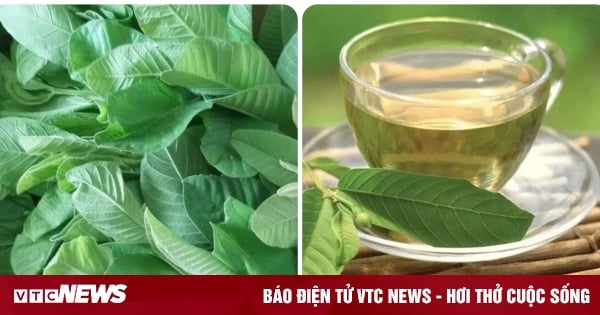
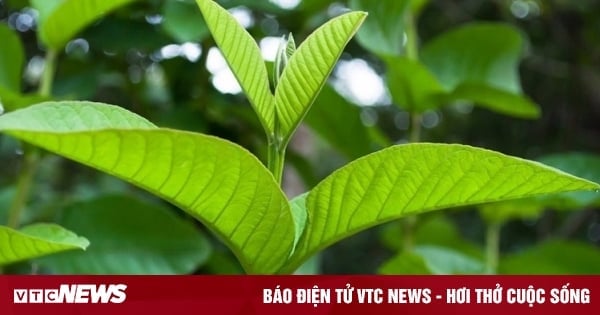


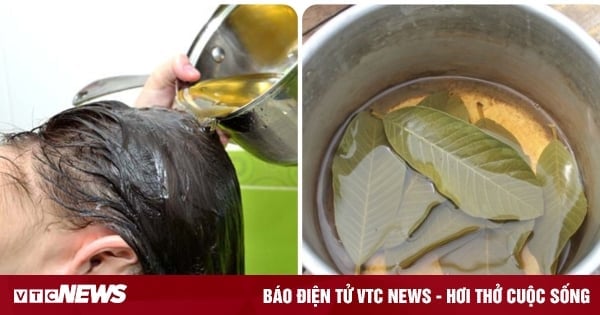
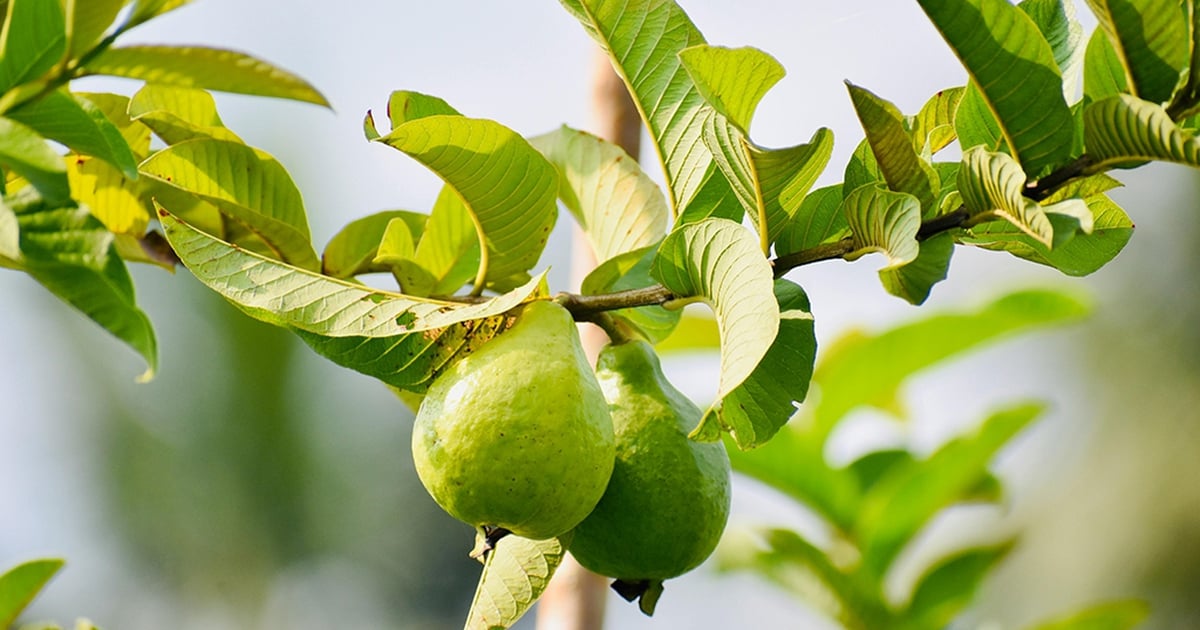



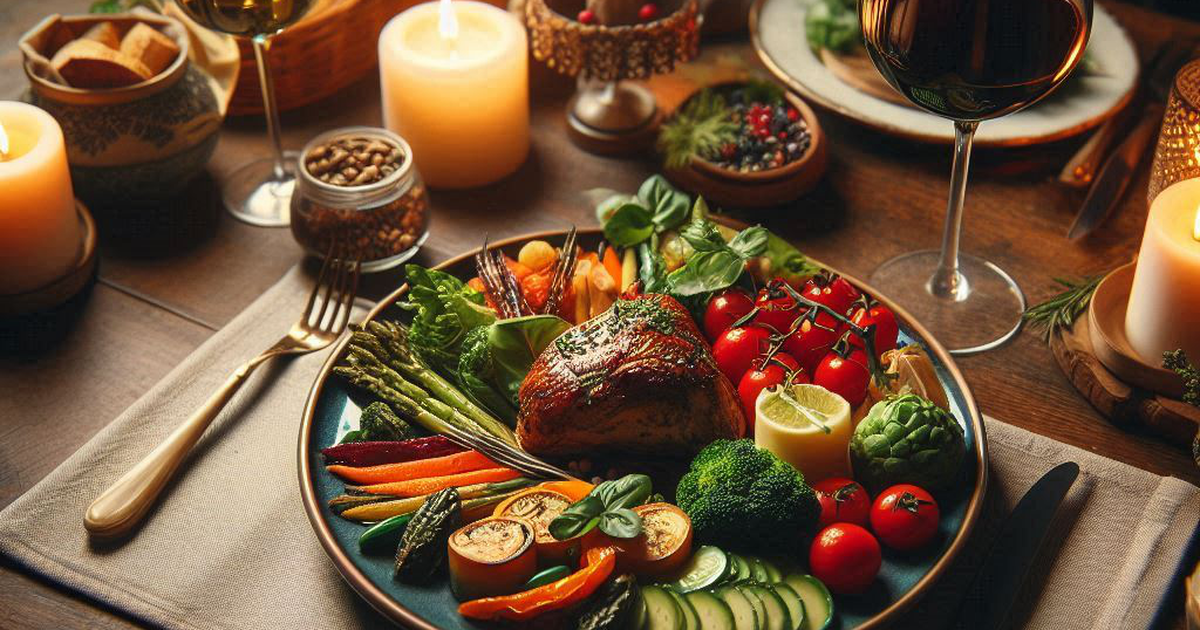


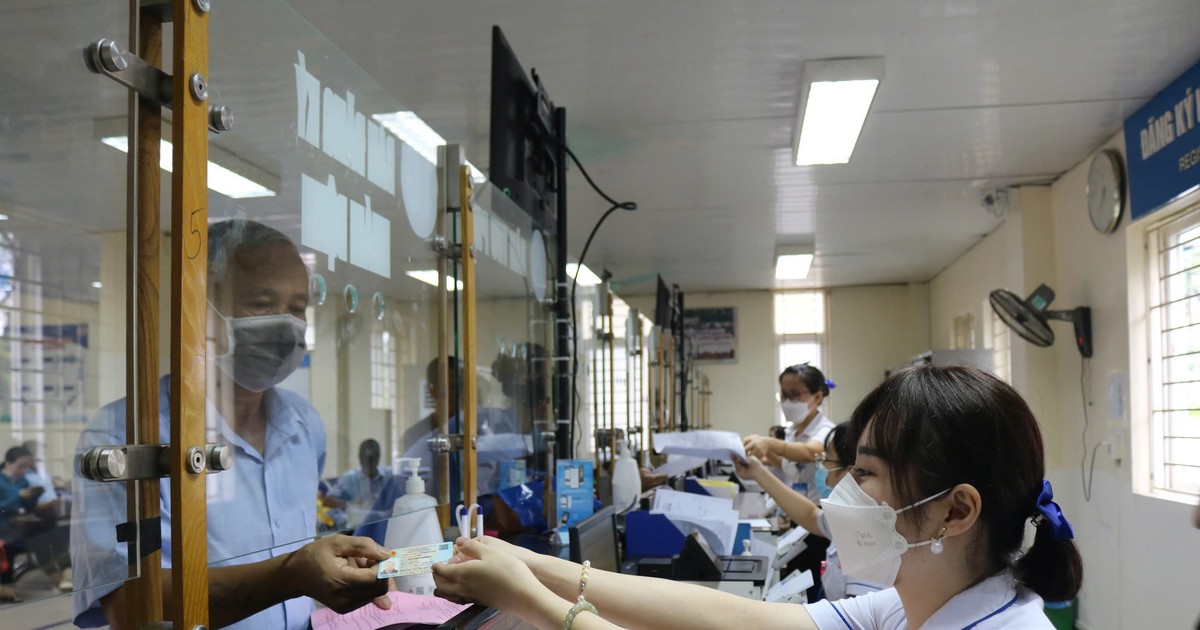






















































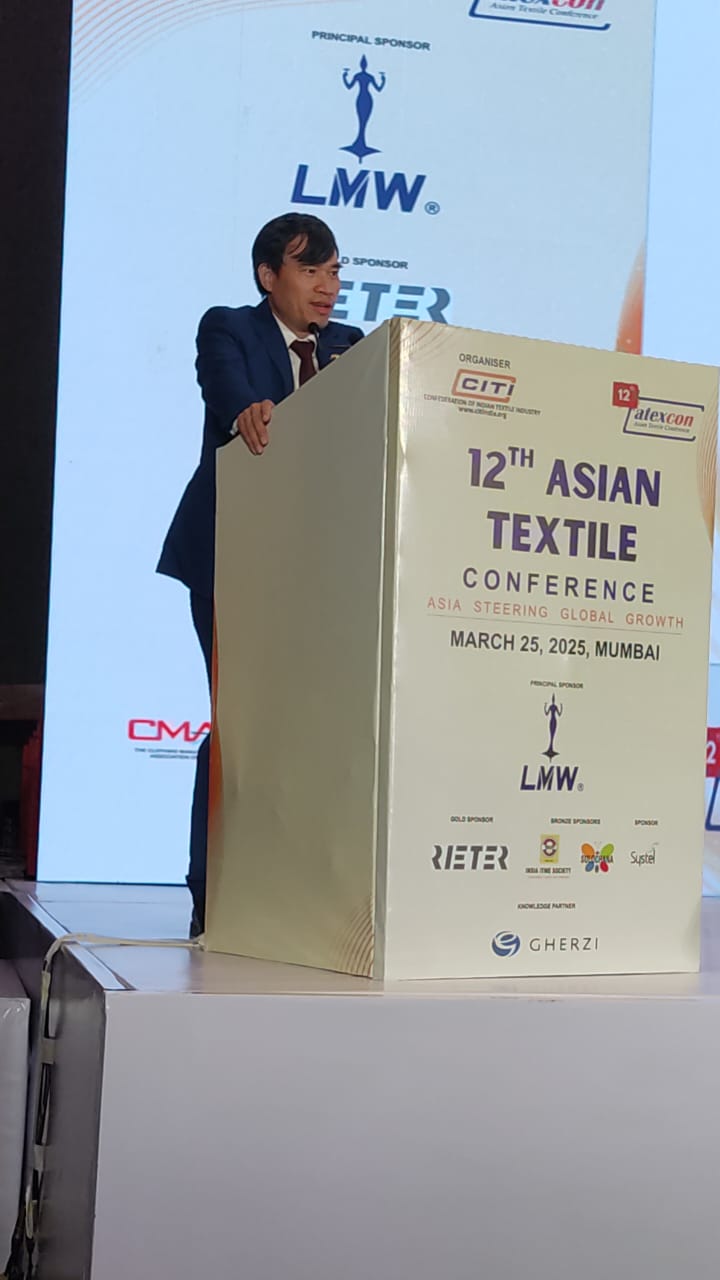

















Comment (0)